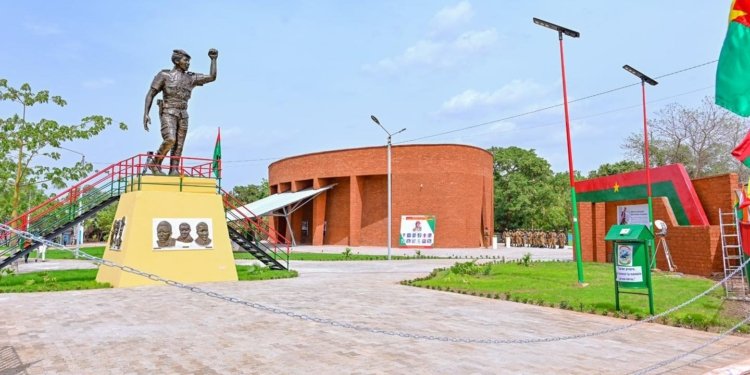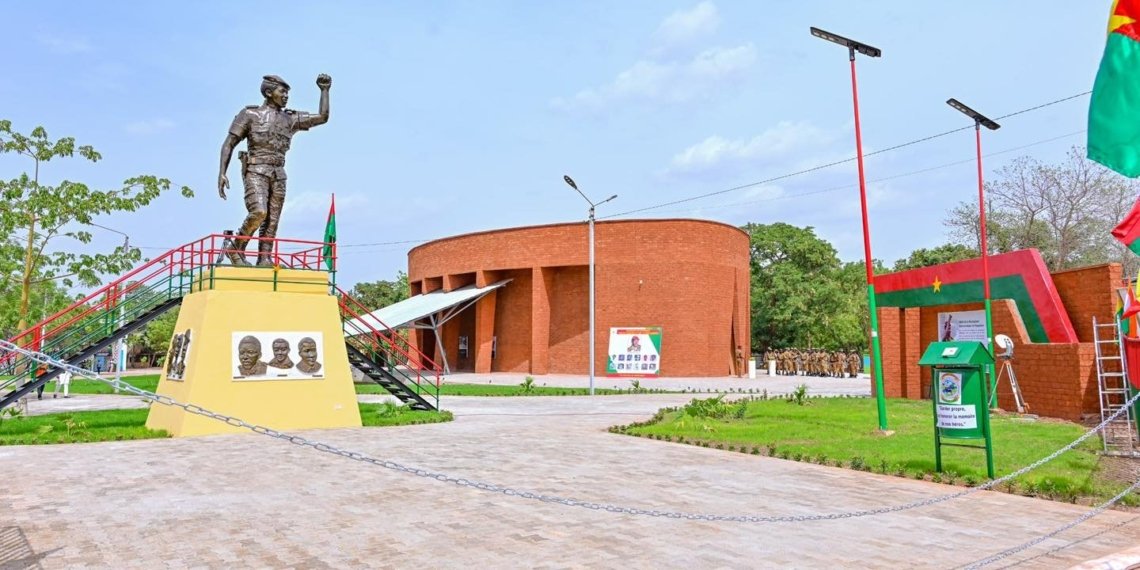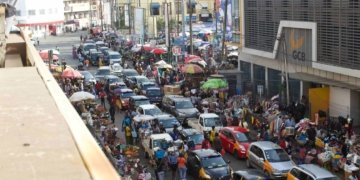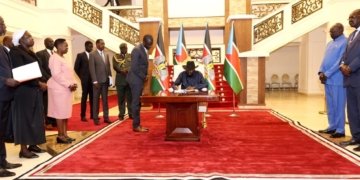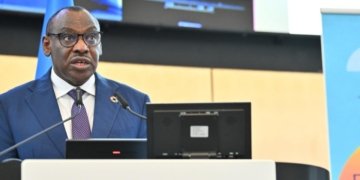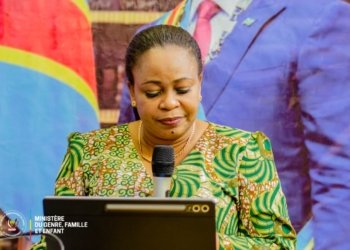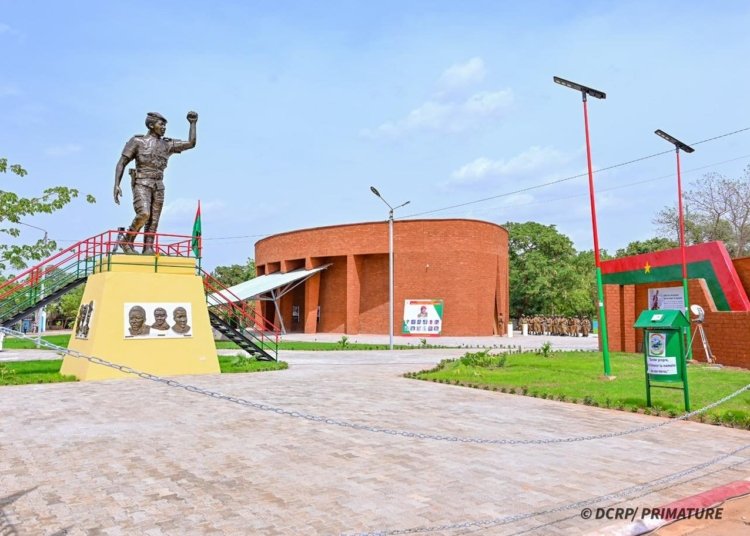OUAGADOUGOU – The government of Burkina Faso on Saturday inaugurated a mausoleum honoring President Thomas Sankara and his 12 companions, who were assassinated on October 15, 1987.
The ceremony took place at the historic Conseil de l’Entente, attended by prominent political figures from across Africa, including Senegalese Prime Minister Ousmane Sonko and Chadian Prime Minister Allamaye Halina.
Thousands, from local leaders to international representatives, stood in solidarity with the victims’ families. The gathering was a powerful moment of remembrance and reaffirmation of Thomas Sankara’s enduring vision for a united and self-reliant Africa.
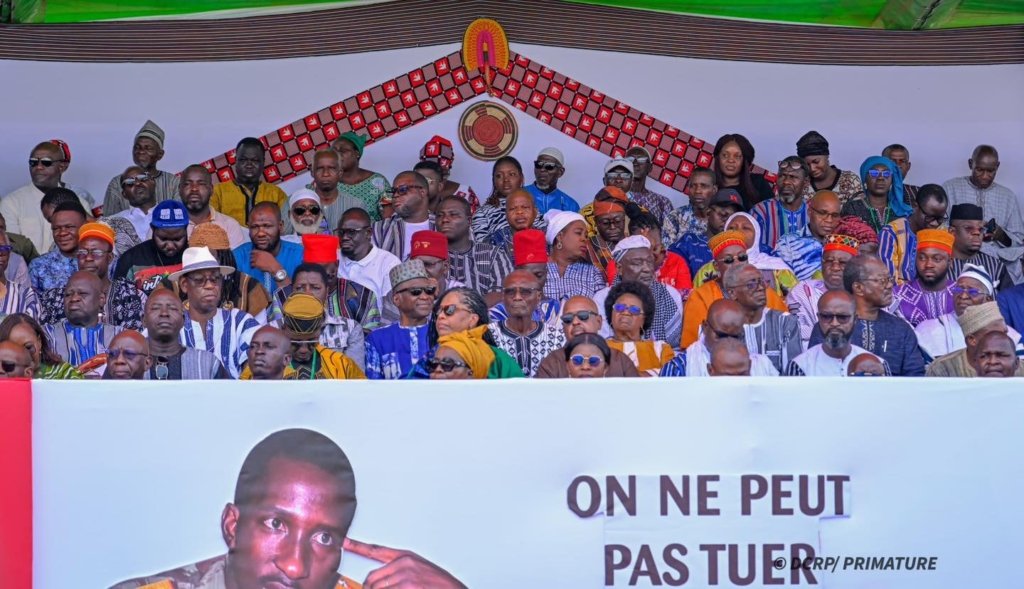
Speaking on behalf of President Captain Ibrahim Traoré, Prime Minister Rimtalba Jean Emmanuel Ouédraogo stressed the historical significance of May 17. That date marks the beginning of the movement that led to the August 4, 1983, revolution.
“This May 17, 2025, stands as a symbol of resistance against imperialism, neocolonialism, and the forces that continue to destabilize our continent,” Ouédraogo said.
He also announced that streets will be named after each of the 12 companions who were killed alongside Sankara.
The newly inaugurated site is just the first phase of the larger Thomas Sankara Memorial Project. The future complex will span more than 14 hectares and will include a museum, a martyrs’ square, a political training school and several cultural institutions.
The strong public and media turnout showed the deep respect many in Burkina Faso and across Africa hold for Thomas Sankara.
Known as “Africa’s Che Guevara,” Sankara led a revolutionary government focused on anti-corruption, economic self-reliance and social justice from 1983 until his assassination in 1987.

“Our generation must carry forward his ideals,” Ouédraogo said. “The Fatherland or Death, we shall overcome.”
Through this memorial, Burkina Faso seeks to honor its past and to chart a new path rooted in dignity, independence and solidarity among African nations.
The memorial is seen as a symbol of memory, justice and Pan-Africanism.

